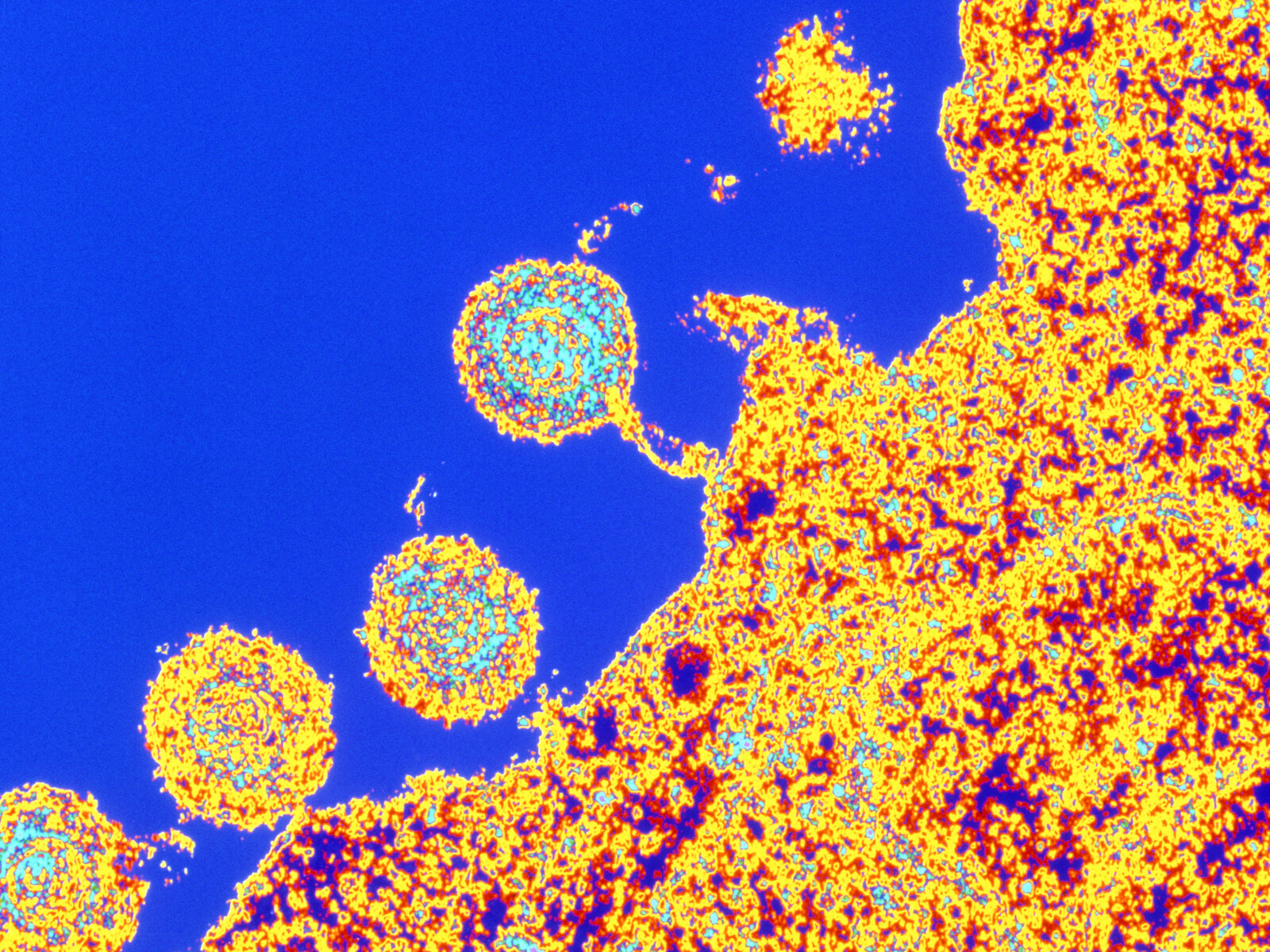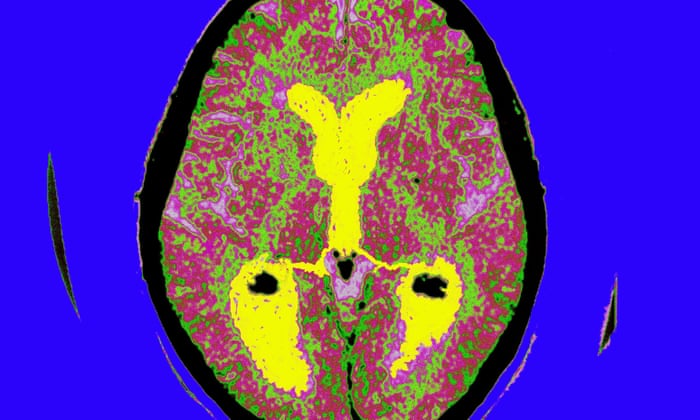Giving Harbour to Potential Brain-Killers : Child to Adult
"These viruses are probably significant players in driving the immune system in Alzheimer's. I think they're like gas on the flames of some pathology that may be immune-driven."
"The viruses have a direct sort of push-pull with lots of known Alzheimer's genes."
"I don't think we can answer whether herpes viruses are a primary cause of Alzheimer's disease. But what's clear is that they're perturbing networks and participating in networks that directly accelerate the brain towards the Alzheimer's topology,"
"It's very unpopular [the viral link to Alzheimer's theory]. I'm sure there's a lot of people who are secretly unhappy about it."
"[Alzheimer's researchers] come up to me at conferences and say in hushed tones, 'Oh, I also have a data set that shows viruses but I'm afraid to publish it."
Joel Dudley, professor, Icahn School of Medicine, Mount Sinai, New York
"This definitely brings up the potential role of infection or infectious particles in the pathology of Alzheimer's."
"It's a very complex disease, and the answer's [to its onset and possible treatment] not going to be one thing."
Dr. John Morris, Alzheimer's expert, Washington University School of Medicine, St.Louis, Missouri
 |
| Credit: Shutterstock |
Compelling evidence that viruses may be involved in Alzheimer's -- in particular two types of herpes infections known to infect infants and then to lie dormant for years.
Through their research, the scientists discovered the viruses interact with Alzheimer's linked genes; that fact alone serves to support the idea that they may indeed play a significant role in how that dread brain disease develops and steadily progresses in severity, leading to death. The study's authors took pains to point out that no firm evidence yet exists that these viruses do cause Alzheimer's; theirs is a scientifically educated thesis.
Another study soon to see publication supports their initial conclusion by suggesting the role viruses may play in kick-starting an immune response whose purpose might result in increasing an accumulation of amyloid, a protein present in human brains which has a tendency to clump into Alzheimer's plaques. If these theories are ultimately proven by further research to be correct, there is hope they may lead toward treatments and possibly even new methods of screening for Alzheimer's.
The study presented the most authoritative evidence yet for a viral role in the onset of Alzheimer's. To reach their conclusion, close to 950 human brain samples located in four different brain banks were analyzed, resulting in links discovered to the genetic, molecular and clinical symptoms of Alzheimer's. Those rejecting the theory outright raise questions of their own, such as the possibility that the viruses discovered in significant numbers in Alzheimer's brains might be 'innocent bystanders'.
 |
Several circular herpes virus particles are seen near a
cell membrane. Roseola herpes virus causes a childhood illness marked by
skin rashes and now has been found in brains with Alzheimer's disease. NCI/Science Source
|
Two neuroscientists at Massachusetts General Hospital and Harvard University have been responsible for advancing the viral/Alzheimer's links for years, and Drs. Rudolph Tanzi and Robert Moir are preparing to issue new findings of their own. New experiments of theirs performed in mice and three-dimensional brain cells in a petri dish discovered the same herpes species to ignite a protective reaction in amyloid which Dr. Tanzi describes as "seeding" the amyloid, leading it to ensnare the virus in fibrous nets, forming plaques.
According to these findings, viruses and other microbes represent the advance to the theory that Alzheimer's is caused by amyloid accumulation which the brain is helpless to clear away. Alzheimer's which increasingly afflicts greater numbers of mostly elderly people, has up to the present resisted all drugs tested in hundreds of clinical trials.
Dr. Dudley and his colleagues created computer models to map the molecular and genetic networks to disrupt the progress of Alzheimer's.
Simply put, these particular herpes species are able to enter brain cells. Two areas of the brain particularly damaged in Alzheimer's demonstrate the process of genes susceptible to harm from herpes viruses invading their precincts. The same genes found to be active in Alzheimer's pathology evidently become active also in fighting viruses.
 |
| Brain scan of a patient with Alzheimer’s disease. Photograph: BSIP/UIG via Getty Images |
Labels: Alzheimer's, Bioscience, Genes, Research, Theories, Viruses

0 Comments:
Post a Comment
<< Home